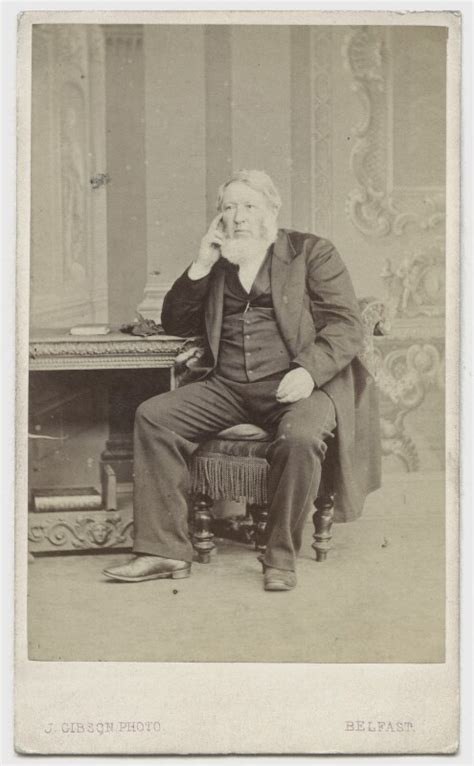A Quote by William Barclay
Pride is the ground in which all the other sins grow, and the parent from which all the other sins come.
Related Quotes
We are not to look upon our sins as insignificant trifles. On the other hand, we are not to regard them as so terrible that we must despair. Learn to believe that Christ was given, not for picayune and imaginary transgressions, but for mountainous sins; not for one or two, but for all; not for sins that can be discarded, but for sins that are stubbornly ingrained.
To judge sins is the business of one who is sinless, but who is sinless except God? Who ever thinks about the multitude of his own sins in his heart never wants to make the sins of others a topic of conversation. To judge a man who has gone astray is a sign of pride, and God resists the proud. On the other hand, one who every hour prepares himself to give answer for his own sins will not quickly lift up his head to examine the mistakes of others.
Just as meekness is in all our virtues, so is pride in all our sins. Whatever its momentary and alluring guise, pride is the enemy, "the first of the sins." One reason to be particularly on guard against pride is that "the devilish strategy of Pride is that it attacks us, not in our weakest points, but in our strongest. It is preeminently the sin of the noble mind." Not only of the noble mind, but also of the semi-righteous.
The Deceiver can magnify a little sin for the purpose of causing one to worry, torture, and kill oneself with it. This is why a Christian should learn not to let anyone easily create an evil conscience in him. Rather let him say, "This error and this failing pass away with my other imperfections and sins, which I must include in the article of faith: I believe in the forgiveness of sins.


































